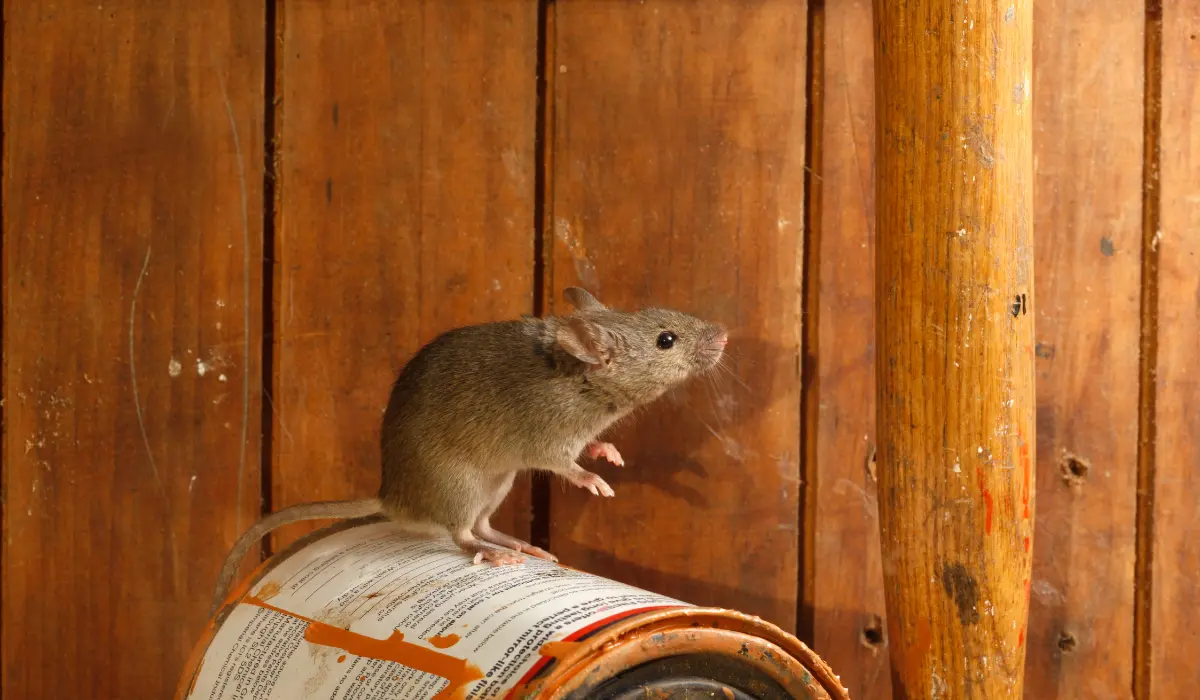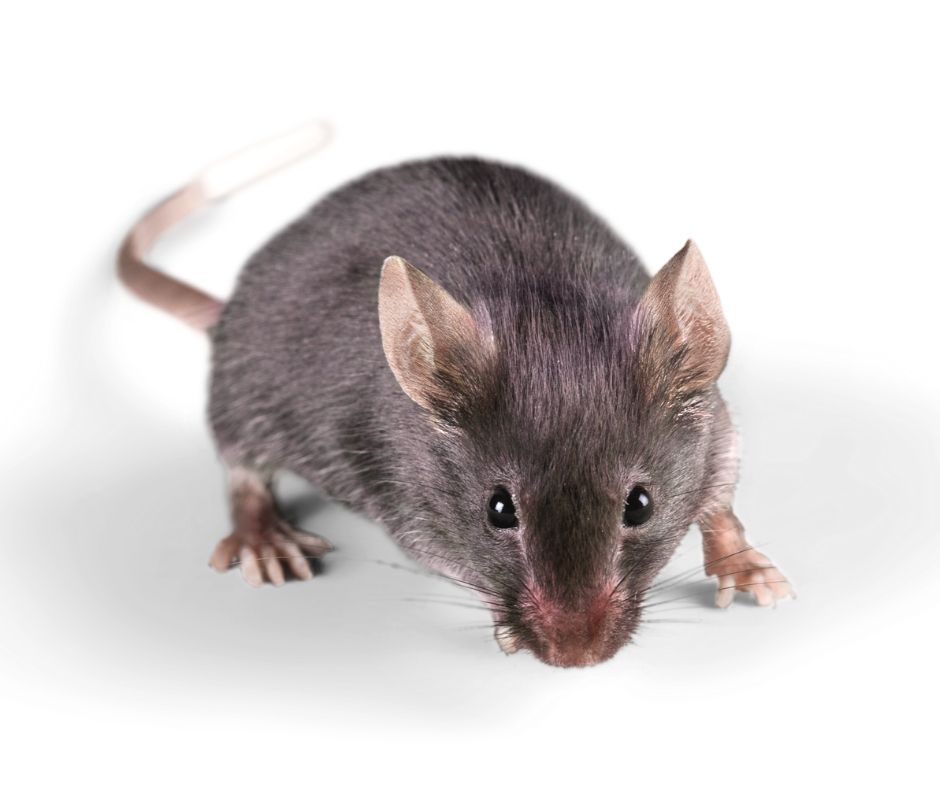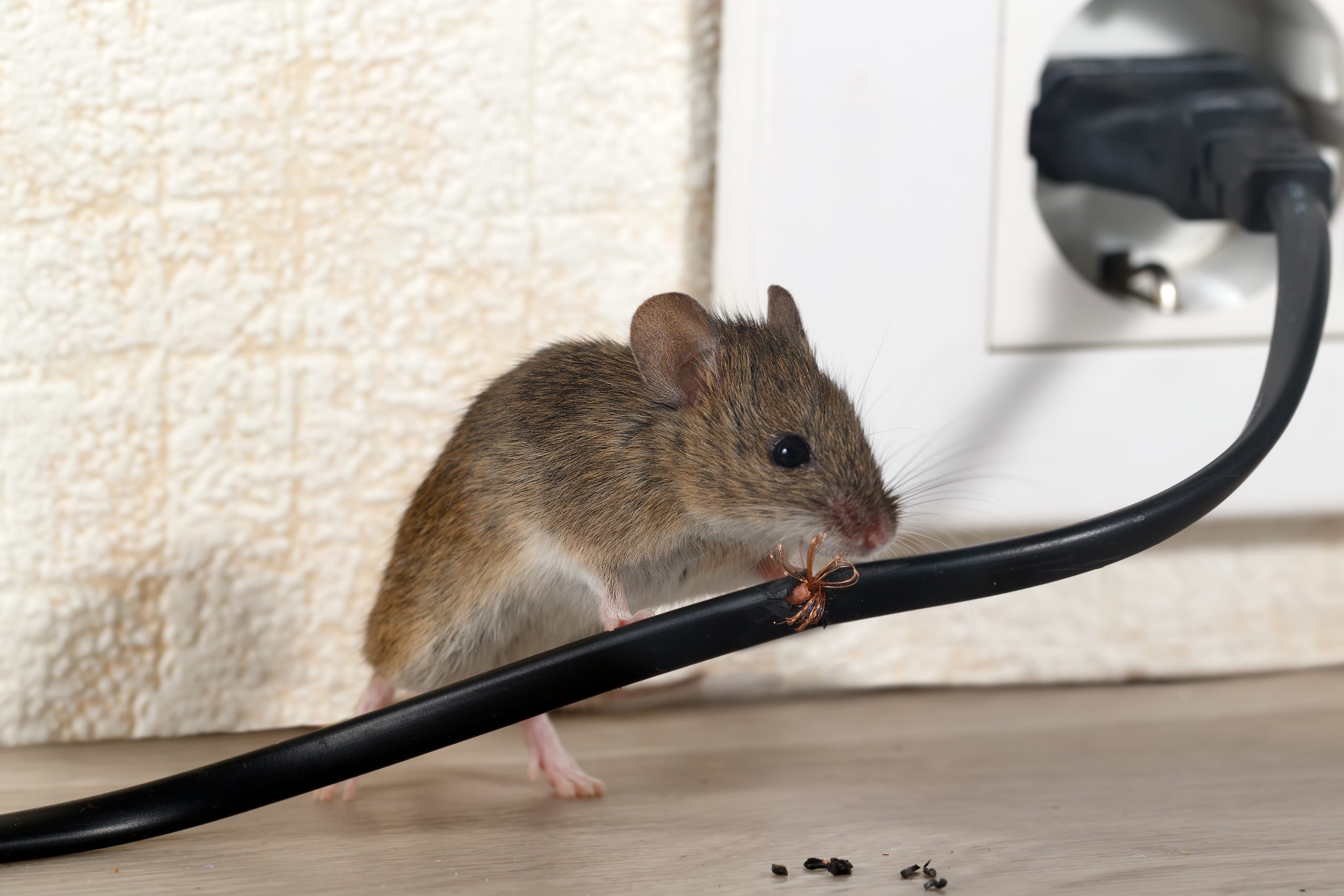Florida’s subtropical climate, characterized by mild winters and abundant sunshine, is a magnet for tourism, new residents, and an assortment of wildlife. Among the creatures that can become unwelcome guests in homes and businesses are mice. Even in a region well known for insects and larger pests, mice remain a significant concern thanks to their ability to reproduce quickly, scuttle through tiny openings, and scavenge for food in kitchens, pantries, and storage rooms. For households and commercial properties in Apopka, as well as Plymouth and Zellwood, a dedicated approach to mice removal can prevent minor sightings from escalating into severe infestations.
This service page offers an in-depth look at why mice thrive in Florida, how they typically gain access to structures, and what a professional mice exterminator does to address infestations at their core. By recognizing the signs of rodent activity early, deploying proven removal methods, and emphasizing ongoing prevention, property owners can reduce health risks, structural damage, and the stress of having these small yet disruptive intruders.
Florida’s Climate and Mouse Infestations

- Mild Winters
In many states, harsh winter weather naturally reduces mouse populations, forcing these rodents into partial dormancy or killing off weaker individuals. Florida’s relatively warm winter means mice can stay active year-round, continuing to forage and reproduce without a seasonal slowdown. This environment makes it easier for mouse populations to grow unchecked, especially if buildings provide food and shelter. - High Humidity and Regular Rainfall
Florida’s rain patterns and humidity help maintain lush vegetation, providing natural cover and breeding sites for mice. While mice do not rely on pools of standing water as insects might, they do require consistent hydration. The moisture-laden environment ensures that mice can often find a source of water—be it in outdoor vegetation, leaks around air conditioning units, or condensation in basements. - Abundant Food Sources
Mice, being opportunistic feeders, will nibble on anything from grains and cereals to pet food and discarded leftovers. If a property has unsealed pantry items or trash containers left open, mice can easily secure enough nourishment to sustain and expand their colonies. Even small amounts of food debris on counters or floors can be attractive to these agile creatures. - Minimal Dormancy Period
In colder regions, below-freezing conditions can significantly curb mouse reproduction for several months. In Florida, prolonged cold snaps are rare, enabling mice to remain in near-constant breeding cycles. A small mouse population can balloon into a substantial infestation in just a few weeks if not addressed early. - Expanding Suburban Areas
Cities like Apopka, Plymouth, and Zellwood continue to grow, with more neighborhoods and commercial zones being developed. Construction can disrupt natural mouse habitats, prompting these rodents to move indoors if they detect openings. Additionally, newly constructed homes might have small gaps around utilities or in the foundation that unwittingly invite mice inside.
Common Signs of Mice
- Droppings
Mouse droppings are often small, rod-shaped pellets. Fresh droppings appear dark and moist, drying and becoming grayish over time. Spotting these in pantries, under sinks, or along baseboards is a strong indication of mouse activity. - Nocturnal Noises
Mice are nocturnal, meaning they are most active at night. Property owners might hear scratching, squeaking, or scuttling noises in walls, ceilings, or behind large appliances during late hours. - Gnaw Marks
Mice maintain their constantly growing incisors by gnawing on various surfaces, including wood, plastic, or even drywall. Finding small holes in cereal boxes or chew marks on furniture edges can mean mice are searching for food or creating entry points. - Nests and Shredded Materials
Mice build nests out of paper, fabric, insulation, or any soft, fibrous material they can find. These nests might be located in little-used drawers, attic corners, or behind storage boxes. If you encounter piles of shredded material in hidden spots, suspect mouse activity. - Strange Pet Behavior
Dogs or cats might paw persistently at cabinets or walls where they detect rodent presence. If your pets seem fixated on one area of the home, a closer check might reveal a mouse nest.
- Droppings

Why Prompt Action Matters
- Health Risks
Mice can transmit diseases through their droppings, urine, and bites. They may also carry parasites like fleas or ticks. As they travel between trash areas and food preparation spaces, the potential for bacterial spread grows. - Structural and Material Damage
Their continuous gnawing can harm wiring (raising the risk of electrical fires), undermine wooden structures, or ruin stored items. Significant chewing in an attic or basement might expose your property to further pest invasions or safety hazards. - Rapid Reproduction
A single female mouse can have multiple litters in a year, each with several offspring. A handful of mice can become dozens surprisingly quickly under Florida’s favorable conditions.
Disruption and Anxiety
Sightings of mice, or the noises they make at night, create stress for occupants. This tension impacts day-to-day comfort, meal prep, and overall enjoyment of living or working in the space.
Our Approach to Mice Removal
- Inspection and Identification
An effective mice exterminator starts by surveying the entire property for rodent entry points, droppings, gnaw marks, and nest sites. Identifying whether you have house mice or other rodent species helps determine the best strategies and products. - Sealing Entry Points
Because mice can squeeze through holes the size of a dime, locating and sealing openings is paramount. This might include installing weatherstripping around doors, patching foundation cracks, or using steel wool in small gaps around pipes or utility lines. - Traps and Baits
A professional often deploys specialized traps (like snap traps or multi-catch devices) in areas with high mouse activity. When used carefully, these traps contain or kill mice without exposing humans or pets to hazards. Baits might be placed in tamper-resistant stations to deter mice that avoid traps, ensuring the poison is only accessible to rodents and not curious children or animals. - Sanitation Improvement
While removing existing mice is crucial, a thorough plan also addresses why mice found the home attractive. The exterminator may recommend securing trash in sealed bins, storing dry goods in airtight containers, or promptly wiping up food spills. Reducing clutter in closets, basements, or garages minimizes hiding spots for mice as well. - Follow-Up Visits
Because mice breed quickly, verifying success with at least one follow-up check is often wise. If any young mice or overlooked nests remain, they can spawn a new wave of activity. Returning to re-inspect baits, traps, and sealed cracks ensures that the colony has been fully removed. - Long-Term Prevention
Lasting relief from mouse invasions relies on continued vigilance. Periodically checking for new holes, re-evaluating storage, and keeping grass or landscaping well-maintained around the foundation can limit future rodent interest in the property.

Service Areas: Apopka, Plymouth, and Zellwood
Our mice exterminator service extends to Apopka, Plymouth, and Zellwood, covering residences, small businesses, and larger commercial properties. Given Florida’s warm and humid environment, plus the moderate winters, mice remain a persistent presence year-round. Homes near open fields, wooded lots, or water features may be especially prone, as these conditions supply the rodents with ample food and shelter. Yet even urban or suburban neighborhoods with well-manicured lawns can harbor hidden rodent populations.
- Apopka: The city’s expansion and ongoing development give mice countless opportunities to infiltrate newly built houses, as well as older ones with potential structural gaps.
- Plymouth: A smaller community within the Apopka area, Plymouth’s residential layouts and older homes mean vigilant checks are essential to catch mice early.
- Zellwood: Known for farmland and green spaces, Zellwood can attract mice seeking abundant outdoor resources; once inside a house, they quickly adapt to domestic living spaces.
Why Choose Our Mice Exterminator Service
- Specialized Knowledge of Florida’s Environment
A customized mice removal plan tailored to Florida’s climate is invaluable. The high humidity and year-round warmth mean ongoing rodent activity is likely, necessitating thorough, persistent measures. - Thorough Inspection
A meticulous approach finds not just the mice themselves, but how they are entering and where they might be nesting. This includes crawl spaces, attics, behind large appliances, or cluttered corners in a garage. - Safe, Targeted Methods
Professionals use baits, traps, and sealing materials in a precise way that reduces harm to non-target animals or children. By placing stations along known rodent travel routes, the chance of success improves while limiting broader exposure to chemicals. - Sanitation and Education
Beyond the immediate elimination of mice, a good service underscores the importance of storing food properly, cleaning up spills quickly, and limiting easy nesting sites. Property owners receive guidance on how to deter new infestations effectively. - Follow-Up
Mice reproduce fast. Without confirming eradication, even a small number of survivors can reinvade. Periodic checks allow for re-treatment if needed, ensuring the property remains rodent-free.Next Steps
If you suspect or have identified signs of mice in Apopka, Plymouth, or Zellwood, acting swiftly helps contain potential infestations before they escalate. Contact us to learn more or schedule your service. Our mice exterminator methods emphasize sealing entry points, placing traps and baits strategically, and providing tips to ensure the rodents do not return.
A dedicated plan combining interior and exterior measures allows you to protect your family, pets, and property from the risks of a mouse invasion. Whether it is a single rodent spotted in the kitchen or evidence of a more widespread nest behind walls, thorough removal and continuous prevention help maintain a clean, comfortable living environment. In Florida’s mild climate, mice will not disappear on their own, so stepping in early makes all the difference.
Achieving a Rodent-Free Home in Florida
Dealing with mice in Florida presents unique challenges compared to states with severe winters. Warm temperatures let them multiply without pause, and the wealth of green spaces and developed areas create ample foraging routes. Nonetheless, a structured approach—backed by professional insight and homeowner cooperation—can drive out these pests and keep them away.
Securing the perimeter, from doors and windows to utility line entries, is a foundational step. Coupled with consistent sanitation, such as regularly taking out trash, sealing food in airtight containers, and reducing indoor clutter, these moves deprive mice of easy meals and hideouts. Traps and baits used by an experienced exterminator eliminate existing populations, while a follow-up regimen confirms success.
When thoroughly done, mice removal not only halts current problems but also halts the cyclical pattern of rodents leaving droppings, damaging stored items, and posing potential health threats through germs and parasites. As a Florida property owner, vigilance means spotting early signs like droppings or gnaw marks. Quick action—rather than delay—ensures that small intrusions do not turn into full-scale infestations.
By adopting proven strategies, you can enjoy the benefits of living in Apopka, Plymouth, or Zellwood without the nagging worry of rodents scurrying behind walls or underfoot. Effective mice exterminator services paired with mindful prevention sustain a rodent-free zone where you can comfortably carry on with daily activities.
